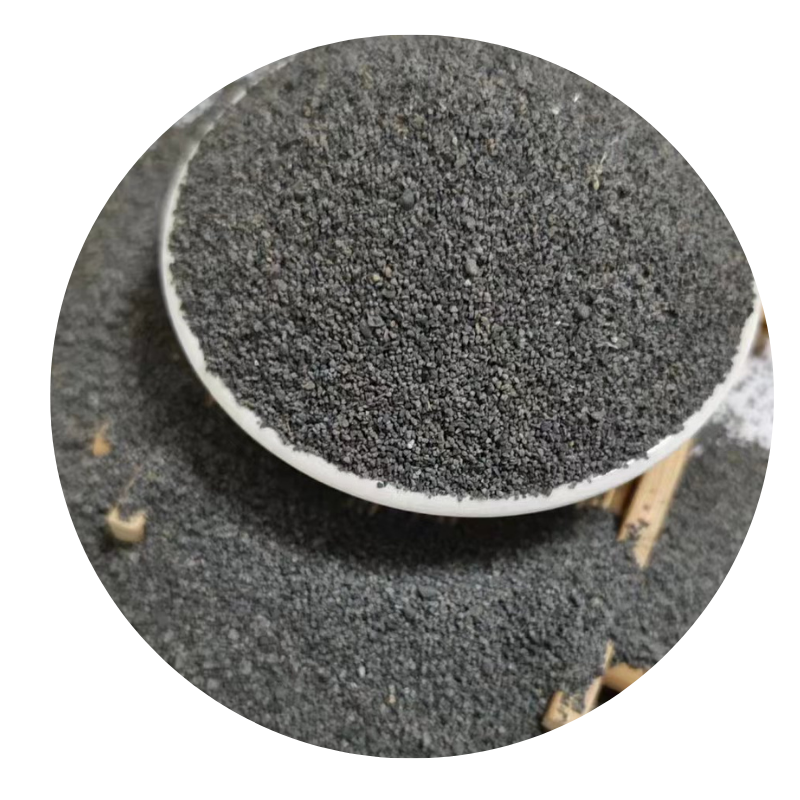
Utilizing Fine Limestone Powder in Various Applications for Enhanced Performance and Sustainability
Fine Limestone Powder Properties, Uses, and Benefits
Limestone, a sedimentary rock primarily composed of calcium carbonate (CaCO3), plays a crucial role in various industries due to its abundance, versatility, and beneficial properties. The fine limestone powder, produced by grinding high-quality limestone, has gained significant attention for its diverse applications. This article explores the properties, uses, and benefits of fine limestone powder.
Properties of Fine Limestone Powder
Fine limestone powder is characterized by its fine particle size, typically ranging from 1 to 100 microns. This fine granulation enhances its reactivity and surface area, making it an effective additive in various applications. The powder is usually white or off-white in color, which is an indicator of purity and quality. Additionally, fine limestone powder has a low specific gravity and excellent flowability, making it easy to handle and transport.
The chemical composition of fine limestone powder predominantly consists of calcium carbonate, with traces of magnesium carbonate, silica, and other minerals. This composition contributes to its alkaline nature, allowing it to neutralize acids effectively. The high purity levels of fine limestone powder make it suitable for various industrial processes.
Uses of Fine Limestone Powder
Fine limestone powder is widely used across several industries, including construction, agriculture, food, and pharmaceuticals
.1. Construction Industry In the construction sector, fine limestone powder is used as a key ingredient in cement production. It enhances the workability and durability of concrete while reducing the need for Portland cement, which can lower carbon emissions. Additionally, it is employed as a filler material in asphalt, improving the quality of pavement.
fine limestone powder

2. Agriculture In agriculture, fine limestone powder is utilized to amend soil pH levels. Its alkaline properties help combat soil acidity, promoting healthier crop growth. Furthermore, it provides essential calcium to plants, bolstering their structural integrity and nutrient uptake.
3. Food and Beverage Industry Fine limestone powder is used as a food additive, particularly in products like baking powder and calcium supplements. Its neutral taste and non-toxic nature allow it to be safely consumed. It serves as a source of calcium, essential for bone health.
4. Pharmaceuticals The pharmaceutical industry utilizes fine limestone powder in the formulation of various medications, especially antacids. Its ability to neutralize stomach acids makes it a common ingredient in over-the-counter products for indigestion and heartburn.
Benefits of Fine Limestone Powder
The benefits of using fine limestone powder are manifold. First and foremost, its environmentally friendly nature allows industries to reduce their carbon footprint when substituting it for traditional raw materials. Moreover, its cost-effectiveness makes it an attractive option for numerous applications, providing manufacturers with a solution that enhances efficiency while remaining budget-friendly.
Additionally, fine limestone powder improves the quality of products in which it is used. In construction, it strengthens concrete and enhances its longevity. In agriculture, it supports healthier soil and crops, which is crucial for meeting the growing food demands of the global population.
In conclusion, fine limestone powder is a valuable material with a wide range of applications across various industries. Its unique properties, coupled with its environmental and economic benefits, contribute to its increasing popularity. As industries continue to seek sustainable and cost-effective solutions, fine limestone powder is poised to play a significant role in shaping the future of manufacturing, agriculture, and construction. Whether in enhancing product quality or improving soil health, fine limestone powder stands out as an essential component in modern industrial practices.
Share
-
Premium Pigment Supplier Custom Solutions & Bulk OrdersNewsMay.30,2025
-
Top China Slag Fly Ash Manufacturer OEM Factory SolutionsNewsMay.30,2025
-
Natural Lava Rock & Pumice for Landscaping Durable Volcanic SolutionsNewsMay.30,2025
-
Custom Micro Silica Fume Powder Manufacturers High-Purity SolutionsNewsMay.29,2025
-
Custom Mica Powder Pigment Manufacturers Vibrant Colors & Bulk OrdersNewsMay.29,2025
-
Custom Micro Silica Fume Powder Manufacturers Premium QualityNewsMay.29,2025






